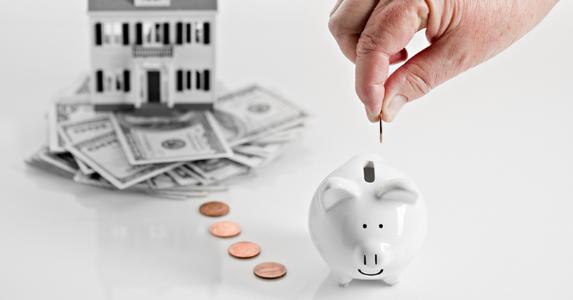Maintaining a stable source of income is often a major challenge for elderly citizens. As medical expenses and standards of living continue to rise, many senior citizens are turning to their most precious asset, their home to supplement income. Here are some insights on how reverse mortgages work:-
Eligibility Criteria and Processing Method
If you are aged 62 or older, then you can apply for reverse mortgages to convert a part of your equity in your home into cash without having to sell it. Reverse mortgages enable seniors who are 62 and older to convert a portion of the equity in their home into cash without having to sell. These loans are structured in the pattern of a normal mortgage. The lender will provide you with payments either through monthly instalments or a lump-sum amount, based on a % of your residence’s appraised value. You can also use a reverse mortgage as a line of credit, thereby having emergency funds to deal with crisis situations.

Roadmap for Financial Independence
The amount that you receive may be used to clear your existing mortgage loan and stop your monthly payment, help you finance a home renovation project and pay your medical bills. What is interesting to note is that the balance, including interest and costs related to financial closing won’t have to be repaid till you sell your property.
The same rule is applicable if you no longer use your present home as your primary residence or pass away. Moreover, proceeds are usually tax-free. But keep one thing in mind. Among these rules, you will have to be clear with your property taxes, home insurance as well as dues related to homeowner’s association.As a borrower, your responsibility is also to keep your home in a good condition. Your failure to follow these rules might send the loan to default and cause a foreclosure. Interest will be charged on the outstanding balance and added amount that you owe on a monthly basis. So, your total debt will go up once you acquire the loan funds and the interest on it increases.
Associated Fees
The maximum amount chargeable as origination fee for a reverse mortgage which is federally insured is 2% of the initial $ 200,000 of home’s value and 1 percent on the remaining. There is a cap of $ 6,000 on the same.During the first year, you will also owe a mortgage insurance premium that is based on the amount of funds withdrawn during that period. The fee is 0.50 percent of your home’s appraised value provided you take a maximum of 60 percent of the available amount during the first year.Once you have an idea of all terms and conditions from the back of your palm, you should go ahead with your application process.










Comments are closed.